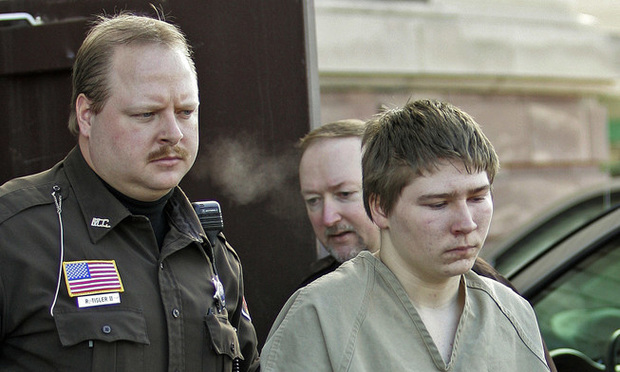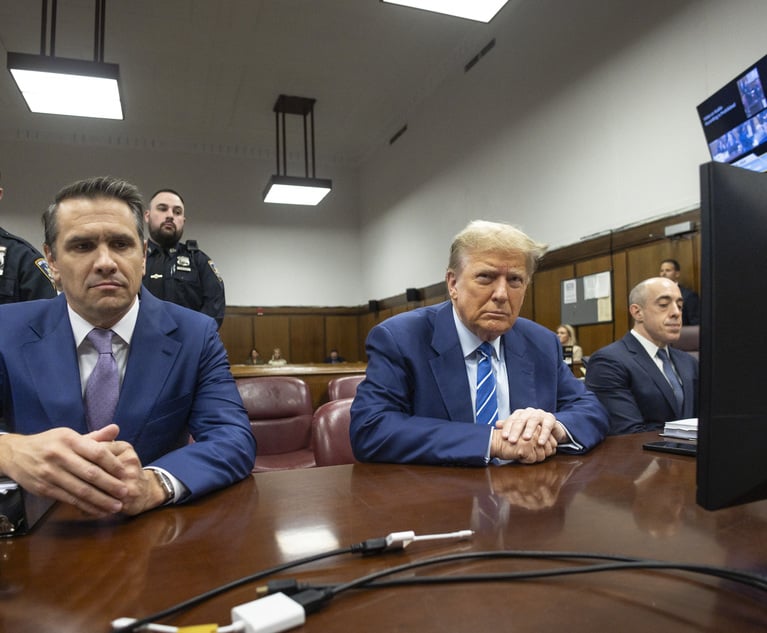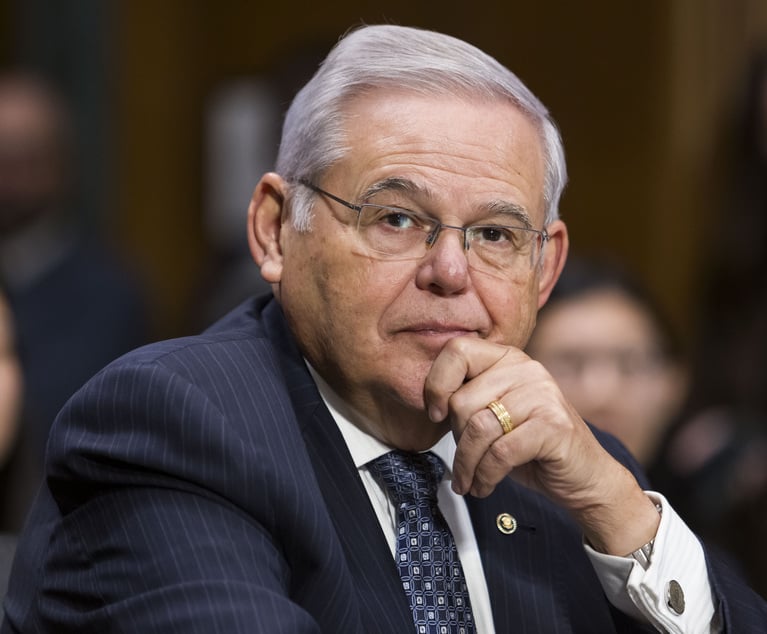Dassey‘s story was captured in painstaking—and painful—detail in the Netflix docuseries “Making a Murderer.” Millions watched in horror as interrogators questioned the 16-year old without an adult by his side and fed him a false narrative that he eventually was duped into accepting. Using calculation, prodding and feigned concern for his welfare, a pair of interrogators skillfully persuaded Dassey to admit killing someone for whom there is no evidence he ever even met.
Viewers of the series readily cried “foul” as the mismatch between an intellectually and socially limited boy and his seasoned adult interrogators become glaringly obvious. As a lawyer for children for more than four decades, I could barely resist hurling myself at the virtual travesty unfolding before me. After confessing to the murder, Dassey’s primary concern was whether he would still have time to complete a school assignment; his complete lack of understanding of the jeopardy he faced was stunning.


 Brendan Dassey, 16, is escorted out of a Manitowoc County Circuit courtroom March 3, 2006, in Manitowoc, Wisconsin. Photo: Morry Gash/AP
Brendan Dassey, 16, is escorted out of a Manitowoc County Circuit courtroom March 3, 2006, in Manitowoc, Wisconsin. Photo: Morry Gash/AP




